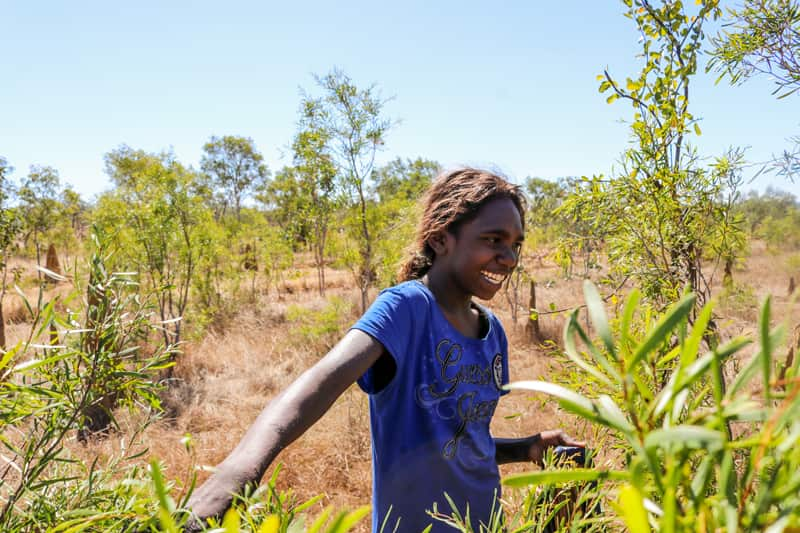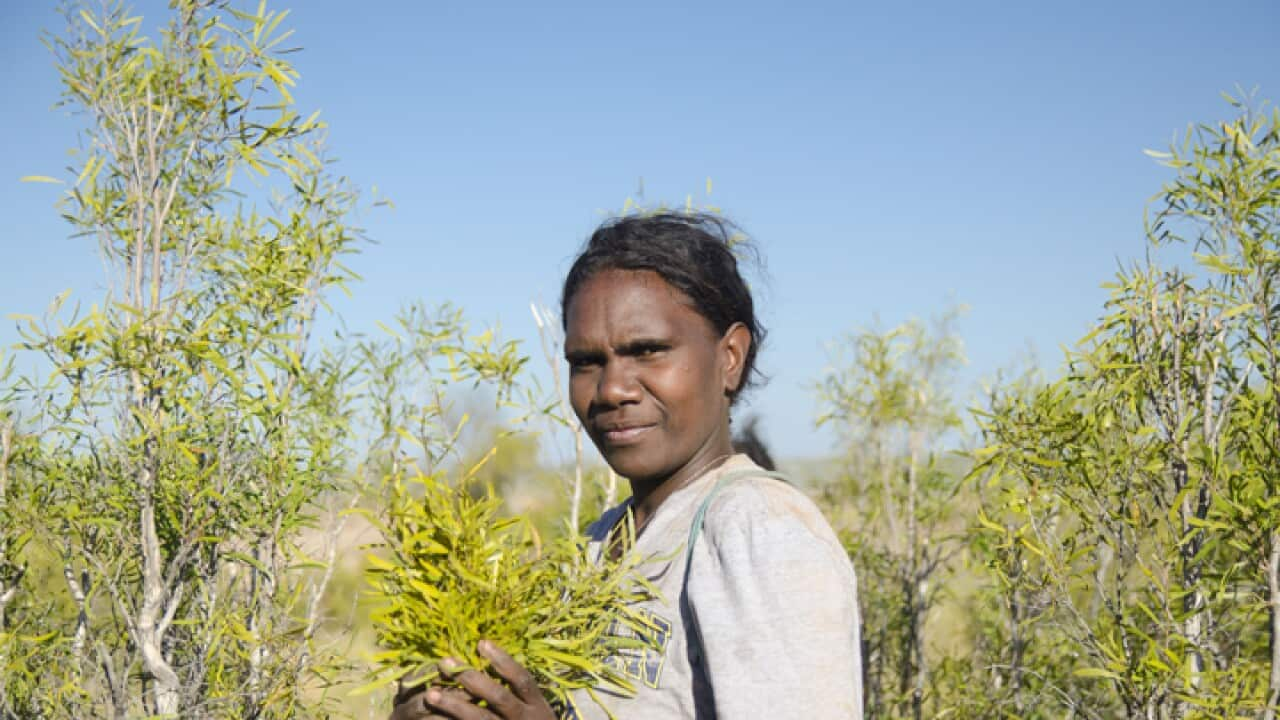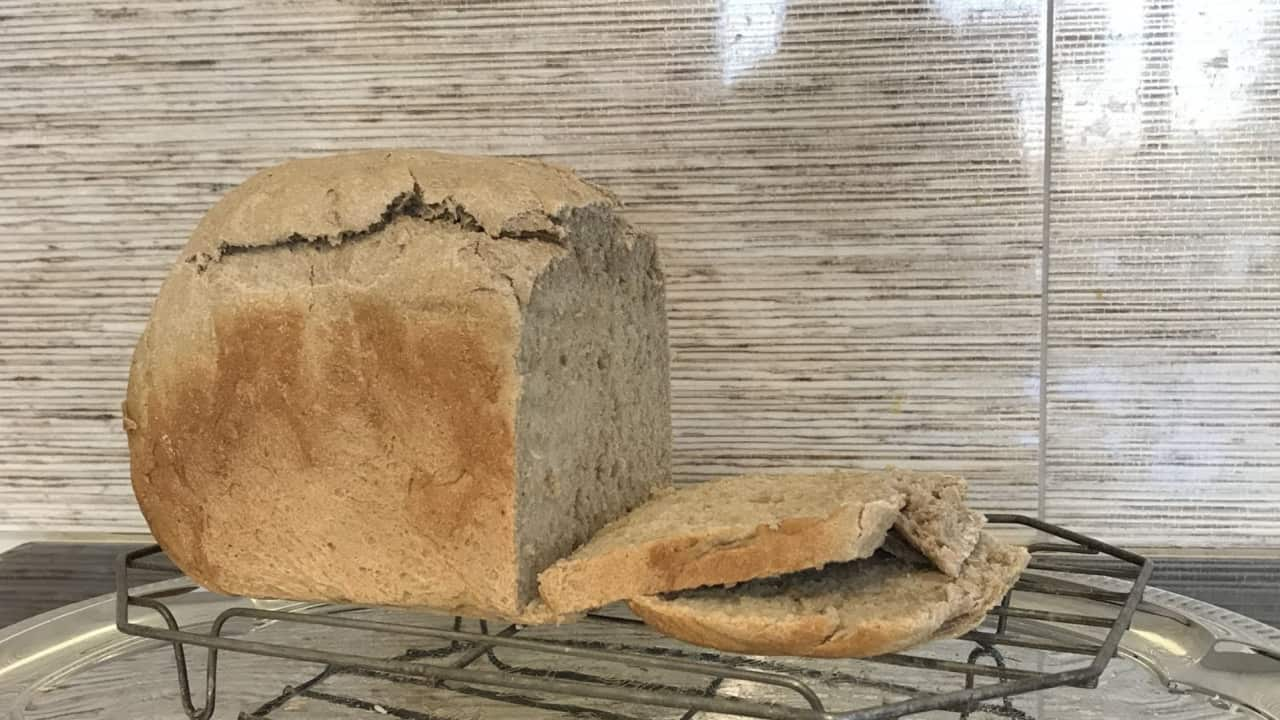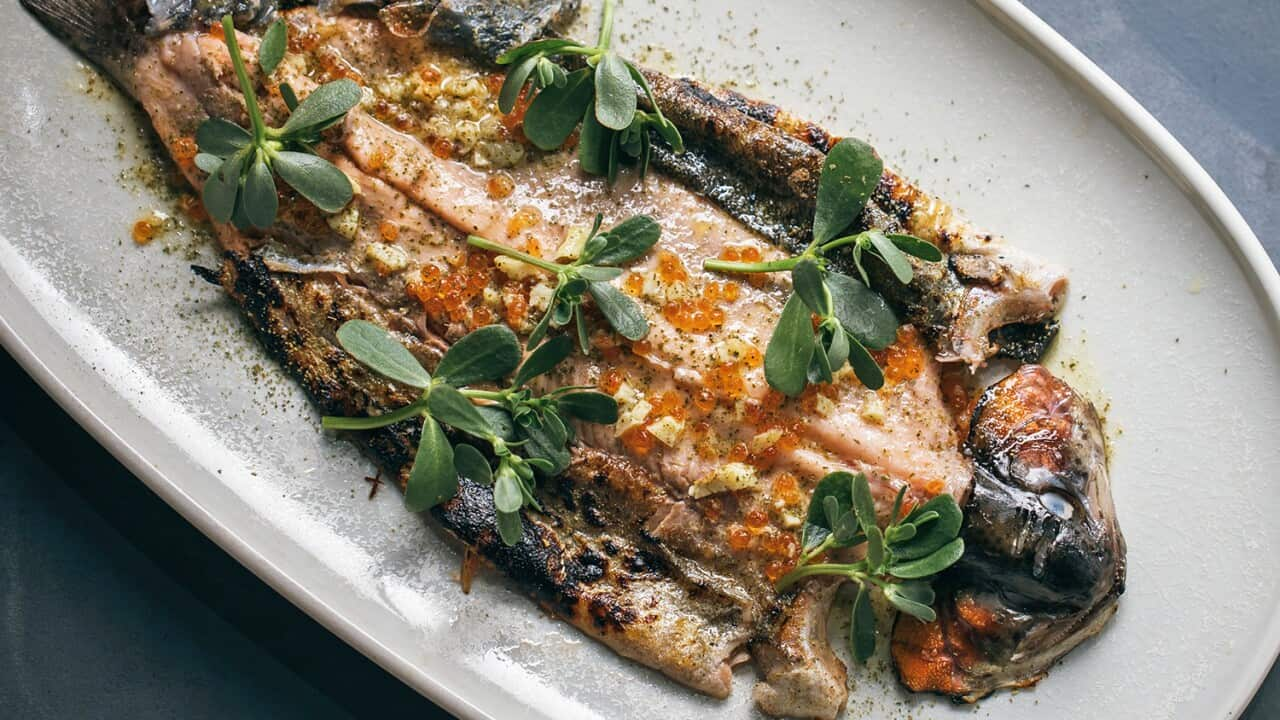NAIDOC Week is a national celebration of Aboriginal and Torres Strait Islander peoples, history and culture, and runs from July 2-9 2023.
As any brew lover will tell you, there's something very special about the ritual of drinking tea. There's the gentle routine of boiling, scooping and pouring. The soft wait while the leaves settle until they're just right. The calmness that accompanies the fragrant steam's rise into the air.
There's another rise happening in Australia right now, and that's around the awareness and availability of Indigenous teas. Australian native plants are one of the richest known ; something First Nations people have always appreciated by using plants in their traditional medicine.
It’s gold to us. We love sharing it and our knowledge with others.
It was only a matter of time before harvesting native plants for tea became a commercial enterprise. Fortunately, it's being led by knowledgeable Indigenous communities like the Alawa people in the Northern Territory's remote Big Rivers region.

Gulbarn tea, harvested, dried and ready to package. Source: Kate Atkinson
Wild-harvested and hand-picked
is the company co-founded by Alawa people that is hand-picking the wild-harvested ancient bush medicine tea on Alawa Country. The name Gulbarn is the Alawa term for melaleuca citrolens, a plant in the myrtle family that grows wild across the NT’s vast savannah ecosystem. It has been used by the Alawa people for thousands of years to heal coughs, colds and stomach aches.
"Gulbarn is our bush medicine and we’ve been using it since our parents and grandparents lived," Agnes Wilfred, aunt of Gulbarn's co-founder Samara Billy tells SBS Food. "They taught us how to use gulbarn and told us that it’s a bush medicine that helps us when we get sick. They showed us how to use it by boiling water to bathe in it or to drink it. They taught us to pass it onto our kids.
"It’s really really important for us. It’s gold to us. We love sharing it and our knowledge with others. Because it means something to us."
Bush medicine
Agnes remembers bathing in gulbarn tea when she was sick as a child. "When you boil it up and bathe in it it makes you feel like a massage in your body. I think it is a healing plant if you believe it and use it.
"It helps with colds and we see a lot with our generation now that they get sick from colds and they use gulbarn and it helps them to breathe and to sleep better. People tell us they have a sore throat and then it’s gone and they’ve been drinking gulbarn."

"We want to give and share our medicine and help others to heal," says Agnes Wilfred. "It’s a good way to help people learn our culture." Source: Rhett Hammerton
Lemon, tea tree and eucalyptus
Gulbarn has a fresh, leafy flavour with strong notes of lemon, tea tree and eucalyptus. The steam from a mug of Gulbarn tea has a very Australian aroma, much like the cleansing steam that rises from the bush when the sun hits on a frosty morning. It's a caffeine-free tea that has comparable antioxidant levels to those found in green tea.
They taught us to pass it onto our kids.
The Alawa people have sustainably managed and harvested this ancient medicinal plant since time immemorial. Then, in 2013 Laura Egan, founder of (ELP) - an initiative set up to support remote Aboriginal community enterprises - was introduced to gulbarn tea by Samara Billy, who lives in Minyerri Community, a town 240 km south-east of Katherine.
"When Laura mentioned she had a cold, a cup of Gulbarn was offered as a remedy," explains Alexie Seller, CEO, Enterprise Learning Projects. "Not only did she find it delicious, but she was also confident that many other people would think so too! That initial, kind gesture has resulted in a successful and collaborative partnership over the past eight years with ELP supporting Gulbarn since that time."

The Gulbarn team in Minyerri are the only people to harvest and sell Gulbarn globally, so it is a rare and special brew. Source: Karina Sharpe
Ancient wisdom
ELP and Samara founded Gulbarn Tea in 2015 and the company has since provided income and job experience for more than 79 people, 78 percent of whom are women.
ELP works with Samara and the Gulbarn team on all elements of the business. "Right now we’re working together to fine-tune operations and increase harvest quantities to meet demand," says Alexie. "As part of our partnership, we also support Samara and her team to learn new skills that are required of them in the business, so that they can confidently lead the business forward."
"I have three girls," says Samara says in a video created to introduce Gulbarn. "I hope they can grow into this business too, and, you know, when they get older, probably help me run this business.
Cultural values and traditional knowledge
The community leads local biodiversity conservation efforts, ensuring gulbarn is collected and protected in line with cultural values and traditional ecological knowledge. "We go out as a family and pick it by hand and we pop it in bags to dry," says Agnes. "Gulbarn just grows wild here and it's reproduced again and again and it just nourishes.
"We go out as a family and pick it by hand and we pop it in bags to dry," says Agnes. "Gulbarn just grows wild here and it's reproduced again and again and it just nourishes.

Harvesing gulbarn on Alawa Country is a family affair. Source: Kate Atkinson
It makes me feel so happy that I get to share things that my elders taught me. That's one of the greatest feelings you can ever get.
"It’s really peaceful out there and you can see things and it helps to give you the peace. It brings back memories because [it's] bush country we’ve been growing up on all this time. I think about walking through those roads hunting with parents."
"It makes me feel so happy that I get to share things that my elders taught me," Samara says. "That's one of the greatest feelings you can ever get."
More teas to try
has a herbal and earthy taste and is traditionally used to calm and relax in the evenings. It is wild-harvested by Indigenous communities like the Nyul Nyul from The Kimberley in Western Australia.
is used to ease aches and flu and has been wild-harvested by the Garrwa-Yanyuwa people in the Northern Territory for generations.
is a refreshing antioxidant-rich brew with a bold, fruity flavour. Drink this one as a well-deserved treat.
is native lemongrass and it's known for its fresh, citrus and ginger taste. It aids digestion and acts as a painkiller. In fact, by Griffith University discovered that maarr is as good for headaches and migraines as aspirin.
has been used for thousands of years by First Nations Garrwa-Yanyuwa people to settle the stomach. The bright, lemon flavour also makes a cooling iced tea in the hot season.










